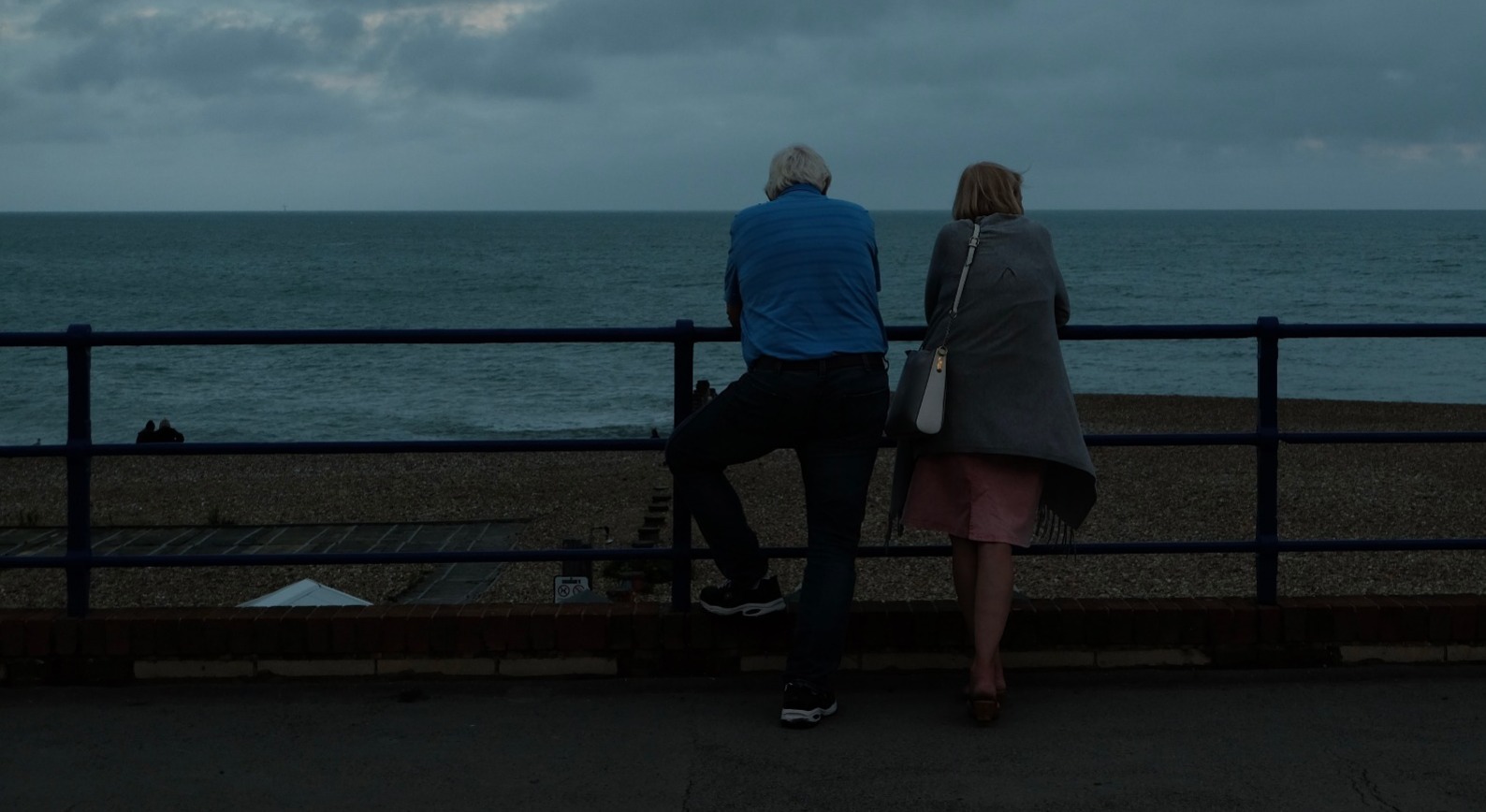Divorce: what to do if you don’t know where your ex-partner is
Posted on 20th September 2021 at 12:11
Relationships worldwide have been detrimentally impacted by the significant strains placed upon them by the global pandemic we are all faced with. This pressure experienced has pushed relationships to their limits and sadly resulted in an increase in separations and divorces.
As couples and families are forced to spend more time together under one roof, the usual stress and strains are multiplied and amplified resulting in an increase in arguments. The ability to diffuse the volatile situations vastly diminishes due to the inability to leave the confines of the home. These difficult circumstances are resulting in increasing numbers of separations, divorces and a prevalence of physical and mental abuse. Cooped up together in homes across the world, many of us have felt tensions building within our own relationships. Tackling challenges such as schooling, childcare, household duties, work, worrying about health, finances and the global Covid-19 crisis has left many of us having to deal with a crisis of our own.
Numbers of couples across the world seeking relationship counselling have surged during lockdown.
A survey by the UK charity Relate in April 2020 found that nearly a quarter of people felt lockdown had placed additional pressure on their relationship. A similar proportion had found their partner more irritating - with women reporting so more than men. A further survey by the charity in July found 8% of people said lockdown had made them realise they needed to end their relationship - but 43% said lockdown had brought them closer. The couples who have been worst affected are those where there were problems before this pandemic had started.
Divorce lawyers in the UK and US have reported that enquiries are up significantly. One Washington DC law firm recorded a 70% increase in calls in October compared to October 2019.
In most cases when a relationship breaks down irrevocably and divorce proceedings are entered into, the male leaves the family home. This is when problems can occur and the spouse initiating the divorce is unable locate and contact the ex-partner to sign the divorce petition.
It is possible that the ex-partner left the home without providing a forwarding address or contact details. However, in some cases the ex-partner refuses to acknowledge their spouse wants a divorce, and as a result declines to sign and return the divorce petition. The petitioning spouse can have the papers served to their ex-partner’s home or work by a bailiff and this can then be accepted by the court as a form of acknowledgement even without the ex-spouse’s signature and return of the original petition. This ‘acknowledgement’ allows the court-led divorce process to continue.
As this is the first step in the divorce process, emotions and anger are often still running very high and as such it tends to cause the longest hold up, even more so than negotiating finances and child arrangements.
CCS Nationwide has over 30 years’ experience along with a network of agents throughout the UK and globally. We are able to trace and serve these documents to the ex-partner promptly and efficiently.
For further details please contact us at info@ccsnationwide.co.uk
Share this post:



















